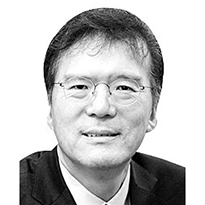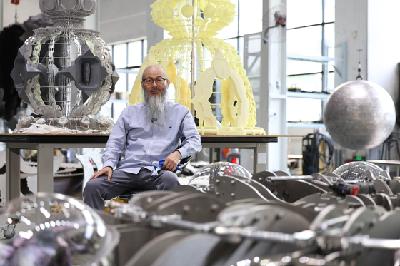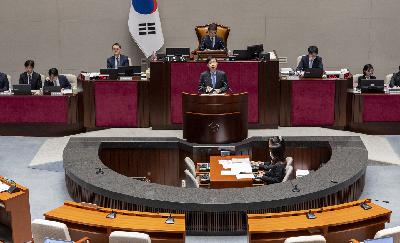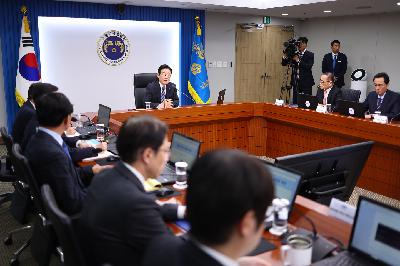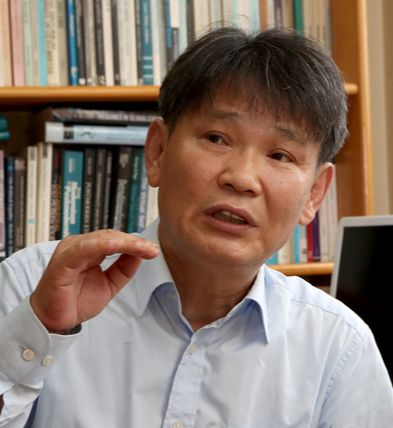Time to end the wasteful disputes over early voting fraud
Update: 2025-11-17
Description
Kim Bum-soo
The author is the president of the Korean Political Science Association and a professor at Seoul National University.
The Constitutional Court unanimously ruled on Oct. 23 that the clauses on early voting in the Public Official Election Act are constitutional. The court found that the system improves convenience and access for voters, enabling them to exercise their voting rights more easily. It was the court's first clear judgment that early voting, long suspected by some to be a source of election manipulation, does not violate the Constitution.
The early voting system allows citizens who cannot vote on election day to cast their ballots four or five days in advance without prior documentation at any polling station nationwide. It entered law through a bipartisan amendment to the Election Act passed in February 2012. After pilot use in two by-elections in 2013, it was fully implemented in the June 2014 local elections.
Since its introduction, the number of early voters has continued to rise. Early voting made up 11.5 percent of ballots in the 2014 local elections. By the 20th presidential election in March 2022, the rate had climbed to 36.9 percent, the highest recorded. The 21st presidential election held this June saw an early voting rate of 34.7 percent; with an overall turnout of 79.4 percent, more than four out of every 10 voters cast their ballots early.
Convenience is the primary reason for this growth. Under the old absentee system, voters had to file a request in advance and then receive specially issued ballots via mail, a cumbersome and time-consuming process. The early voting system replaced this with simple identification checks at local polling stations, eliminating the procedural burdens of the past and allowing any eligible voter to participate.
As a result, overall voter turnout has trended upward. In National Assembly elections, turnout fell to 54.2 percent in 2012. It rose to 58 percent in 2016, 66.2 percent in 2020 and 67 percent in 2024. Many factors shaped that increase, but early voting clearly helped reverse the long-term decline - seen since Korea's democratization in 1987 - by easing both time and geographic constraints on voting.
Despite these gains, protesters against election fraud have demanded its abolishment, claiming that early voting creates opportunities to tamper with ballot issuance or the transport of off-site ballots. Some argue that early voters are disadvantaged when unexpected events occur after they have already voted, such as a candidate's withdrawal. They assert that this infringes on the rights of early voters. The petitioners in the recent Constitutional Court case argued that early voters and election day voters cast ballots with different levels of information, violating the principle of electoral equality.
The court acknowledged that early voters may have less time to gather information or reflect on their choice than those who vote later. But it concluded that the gap is not large enough to undermine the proper expression of voters' intent. The court also found no evidence supporting claims of manipulation. For years, protesters against election fraud have pointed to differences between early and election day vote patterns as proof of digital tampering. The court ruled these arguments lack a factual basis.
The ruling is significant because it recognizes that early voting requires careful management but enhances convenience and accessibility and contributes to higher turnout, providing institutional affirmation that the system aligns with constitutional principles.
With the court's decision, Korea should move past the unproductive cycle of election fraud accusations that resurface every cycle. Instead of repeating groundless disputes, it would be more constructive to focus on strengthening the core democratic value of ensuring voting rights.
The task now is not to question the legitimacy of early voting but to improve its administration so that convenience d...
Comments
In Channel

